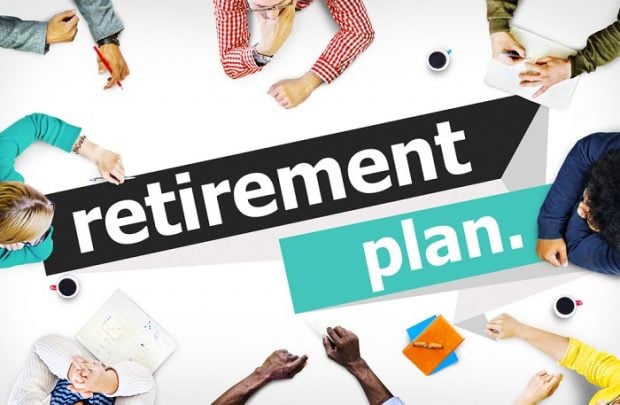 (Photo: Shutterstock)
(Photo: Shutterstock)
Although the COVID-19 pandemic is waning, it is likely to have a far-reaching impact on how and when people retire well into the future.
According to a recent study commissioned by Human Interest (and can be seen in infographic below), roughly one in three Americans said the pandemic had changed everything about their retirement decisions — how they save (31%), what they want to do (31%) and when they want to retire (29%). An even greater number said it had changed how they make health decisions (40%) and how they save for emergencies (42%).
Recommended For You
OnePoll conducted the survey of 2,002 U.S. adults ages 35-70 on behalf of Human Interest, a 401(k) provider for small and medium-sized businesses.
Nearly three-quarters of those surveyed, who indicated the pandemic had been a 'very difficult' experience, said they will retire later than they originally planned. In addition, the pandemic also has increased interest in 'pre-tirement' – a transitional phase between full-time work and retirement. Two-thirds of respondents who had a very difficult pandemic experience are ready for pretirement sooner rather than later, with the ideal age to begin before age 50, according to the study.

In addition, the survey found more than 90% of workers were open to switching fields or jobs during this phase, with 40% saying they would do so to earn money and make their savings last longer and 39% saying they want to do something impactful for their community.
The study also found that employees of small and medium-sized businesses were more affected by the pandemic than those working for larger companies. According to the study, 72% of those working at organizations with 250 to 499 employees said they will retire later than planned, 35 points higher than those working at large companies (1,000 employees or more).
Related: 80% of employees are unprepared for retirement: Employers should do more
"We believe that these findings emphasize the importance of plan design features, such as auto-enroll, and educating employees about their retirement savings options," said Eric Phillips, CFA, senior director of partnerships and strategic insights at Human Interest. "In the past three years, 42% of employees with a retirement benefit at work say they saw their employer contribution get cut. Employers wanting to avoid another Great Reshuffle could prioritize flexible retirement plans that can make it simple for employees to save for their future. That move may retain more employees and make it easier for businesses to navigate around whatever future challenges there are, whether that's economic conditions, new workforce trends or other macro changes."
Phillips said offering auto-enrollment in their plans is an important way for employers and advisors to combat behavioral biases that otherwise make it difficult to save for the long-term. Human Interest estimates that if all employees with access to a 401(k) who aren't participating were automatically enrolled overnight at a 7% deferral rate, Americans combined could save $83 billion in just one year.
Kristen Beckman is a freelance writer based in Colorado. She previously was a writer and editor for ALM's Retirement Advisor magazine and LifeHealthPro online channel.
© 2025 ALM Global, LLC, All Rights Reserved. Request academic re-use from www.copyright.com. All other uses, submit a request to [email protected]. For more information visit Asset & Logo Licensing.







